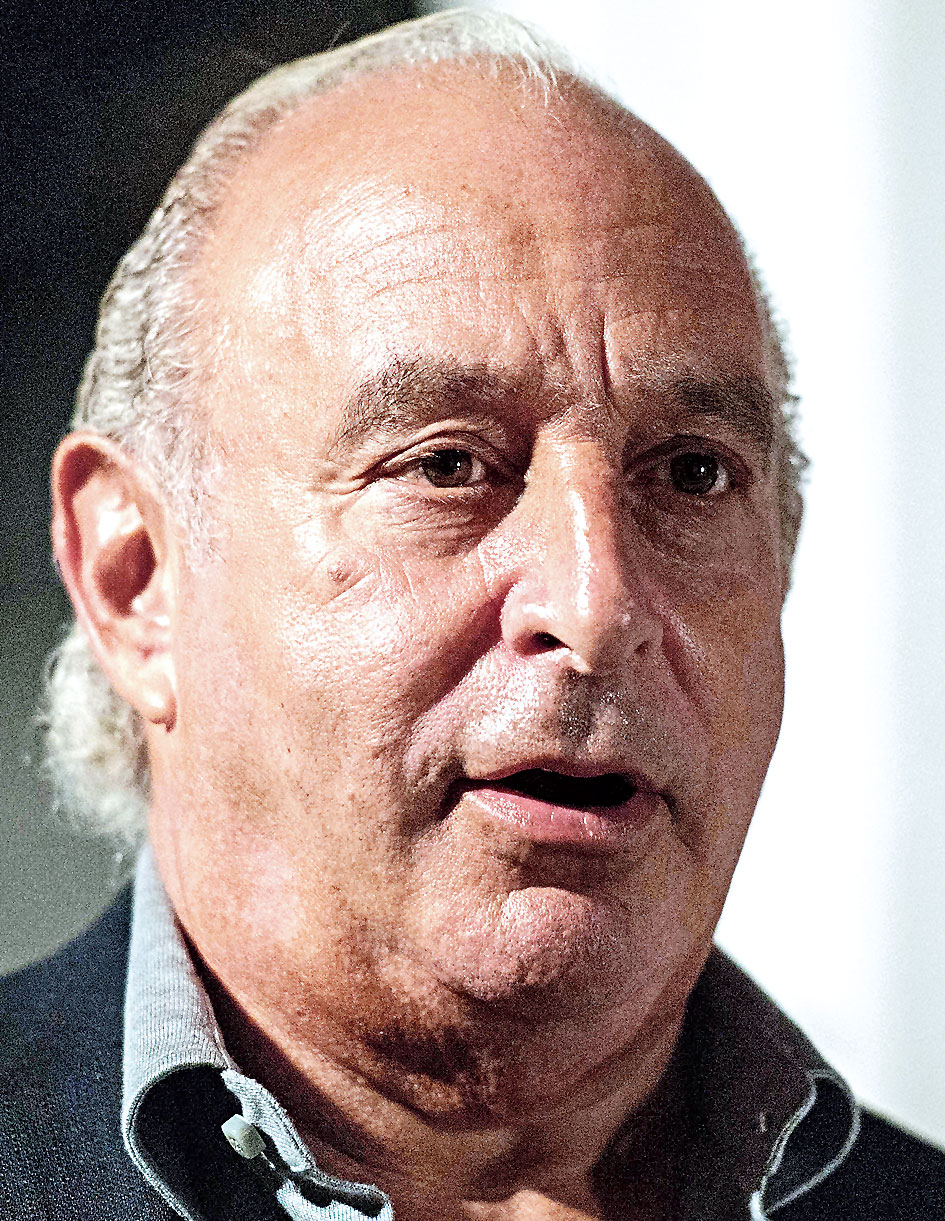Philip Green has been named in Parliament as the businessman at the centre of Britain’s #MeToo scandal.
Lord Hain, the former leader of the House of Commons, said that he felt a “duty” to reveal the name of the retail billionaire under parliamentary privilege.
He told a hushed House of Lords on Thursday afternoon: “My Lords, having been contacted by someone intimately involved in the case of a powerful businessman using non-disclosure agreements and substantial payments to conceal the truth about serious and repeated sexual harassment, racist abuse and bullying, which is compulsively continuing, I feel it’s my duty under parliamentary privilege to name Philip Green as the individual in question given that the media have been subject to an injunction preventing publication of the full details of this story which is clearly in the public interest.”
The Telegraph spent the past eight months investigating allegations of bullying, intimidation and sexual harassment made against the businessman, but on Tuesday this newspaper was prevented from revealing details of the non-disclosure deals by Terence Etherton, the Master of the Rolls, the second most senior judge in England.
His intervention makes it illegal to reveal the businessman’s identity or to identify the companies, as well as what he is accused of doing or how much he paid his alleged victims. In a 20-page ruling published on Tuesday, the Court of Appeal simply refers to the businessman as “ABC” and describes the allegations as amounting to “discreditable conduct”.
As well as re-igniting the #MeToo debate, the gagging of The Telegraph has renewed controversy about the use of injunctions to limit British press freedom. Unlike his alleged victims, The Telegraph has not signed any kind of NDA with the businessman. It has argued there is a clear public interest in publishing the claims, not least to alert those who might be applying to work for him.











